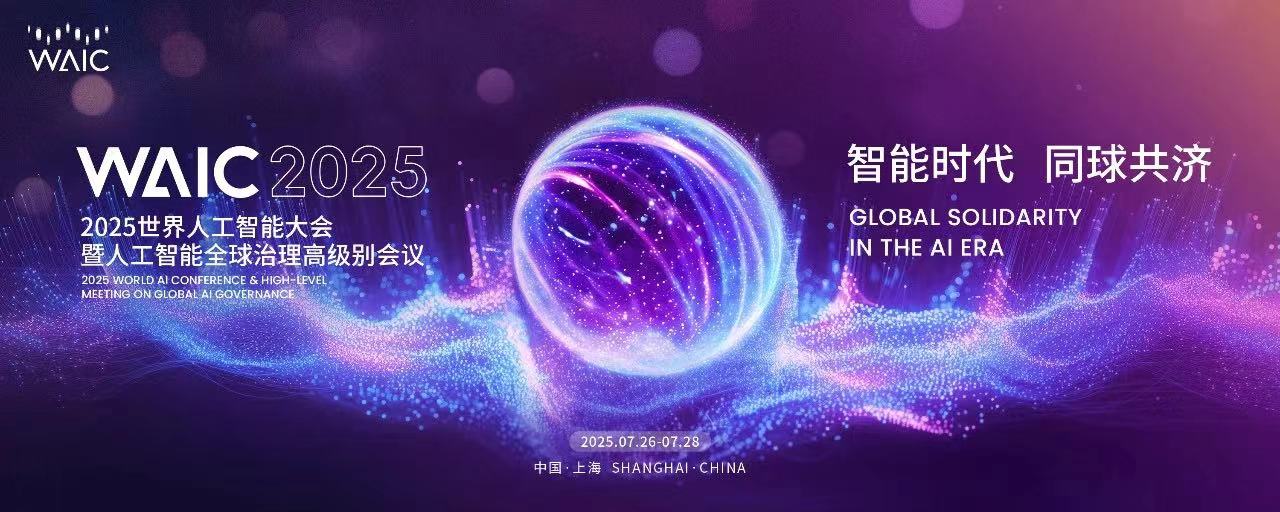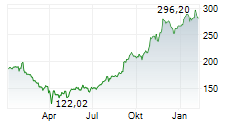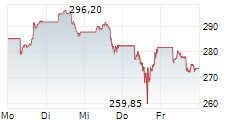SHANGHAI, July 31, 2025 (GLOBE NEWSWIRE) -- At the 2025 World Artificial Intelligence Conference (WAIC), former Google CEO Eric Schmidt engaged in an in-depth fireside chat with former Microsoft Executive Vice President Harry Shum, focusing on the challenges and prospects for global AI governance.

A Media Snippet accompanying this announcement is available by clicking on this link.
Harry Shum first invited Schmidt to share his perspective on the current state of AI development in China. Schmidt pointed out that the most pressing challenge in global AI governance is not access to models, but the lack of consensus on "who defines the boundaries of use." He emphasized that the core tension in technology diffusion lies in determining where to place guardrails. With the rapid proliferation of advanced systems, whether open-source or closed, establishing enforceable safety mechanisms urgently requires international coordination.
Discussing the prospects for US-China AI cooperation, Schmidt stated that collaboration must be grounded in shared objectives. On high-risk issues like AI-controlled weapons, self-replication, or autonomous learning, he argued that the need is not simply to halt development but to engage in dialogue on how to ensure humans retain ultimate control. These topics demand deep mutual exchange, not unilateral decisions.
When asked by Shum to share his views, as a long-time practitioner of open innovation, on balancing technological openness and diffusion, Schmidt noted that many leading Chinese models utilize open weights and open-source approaches. While open ecosystems accelerate collaborative innovation, he acknowledged they also make systems more vulnerable to misuse, as restrictions set upon release can be intentionally or unintentionally removed. Nevertheless, Schmidt advocated against abandoning openness, suggesting instead that global collaboration is needed to refine protective mechanisms. He further observed that despite increasing international AI exchanges, a fundamental flaw remains the absence of enforceable safeguards. Long-term, he believes AI should be trained to fundamentally avoid harmful behavior, ideally through "alignment" techniques that instill human values so models inherently lack the capability to violate them.
Reflecting on competition and cooperation between nations, Schmidt recalled the intense rivalry between Google, Microsoft, and Apple during his tenure, arguing that such dynamics drive ecosystem progress - a principle applicable to nations as well. He stressed that as the world's two most significant economies, the US and China should cooperate on AI governance issues, sharing a common interest in maintaining global stability, preventing war, and ensuring human control over these powerful tools.
The conversation concluded by touching on the ethical foundations of AI governance, echoing the core ideas presented in Schmidt's co-authored book with Henry Kissinger and Craig Mundie, Genesis: Artificial Intelligence, Hope, and the Human Spirit. It emphasized that without a shared moral framework, humanity risks losing control over the trajectory of technology.
Source: WAIC 2025

Contact person: Ms. Zhu, Tel: 86-10-63074558



